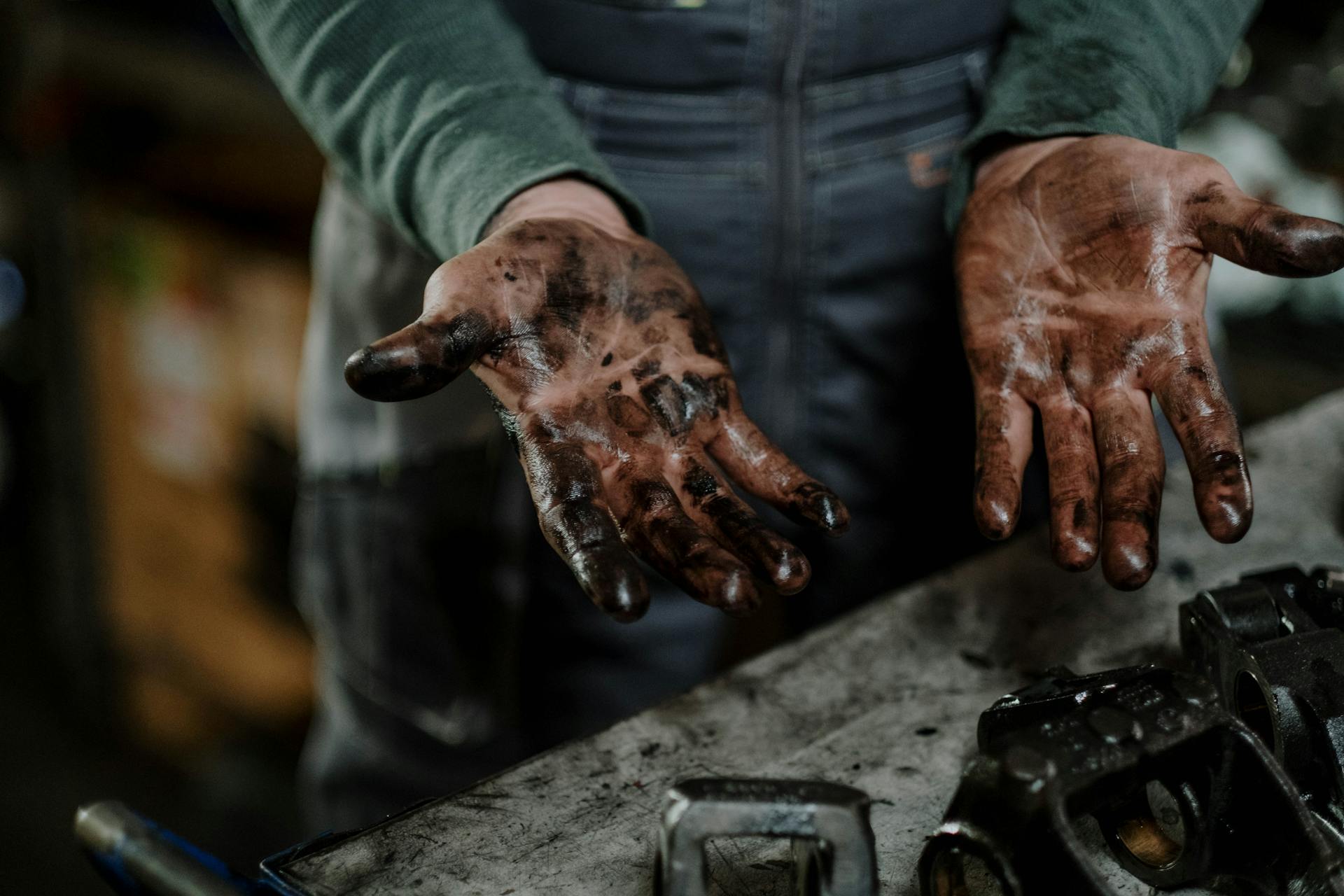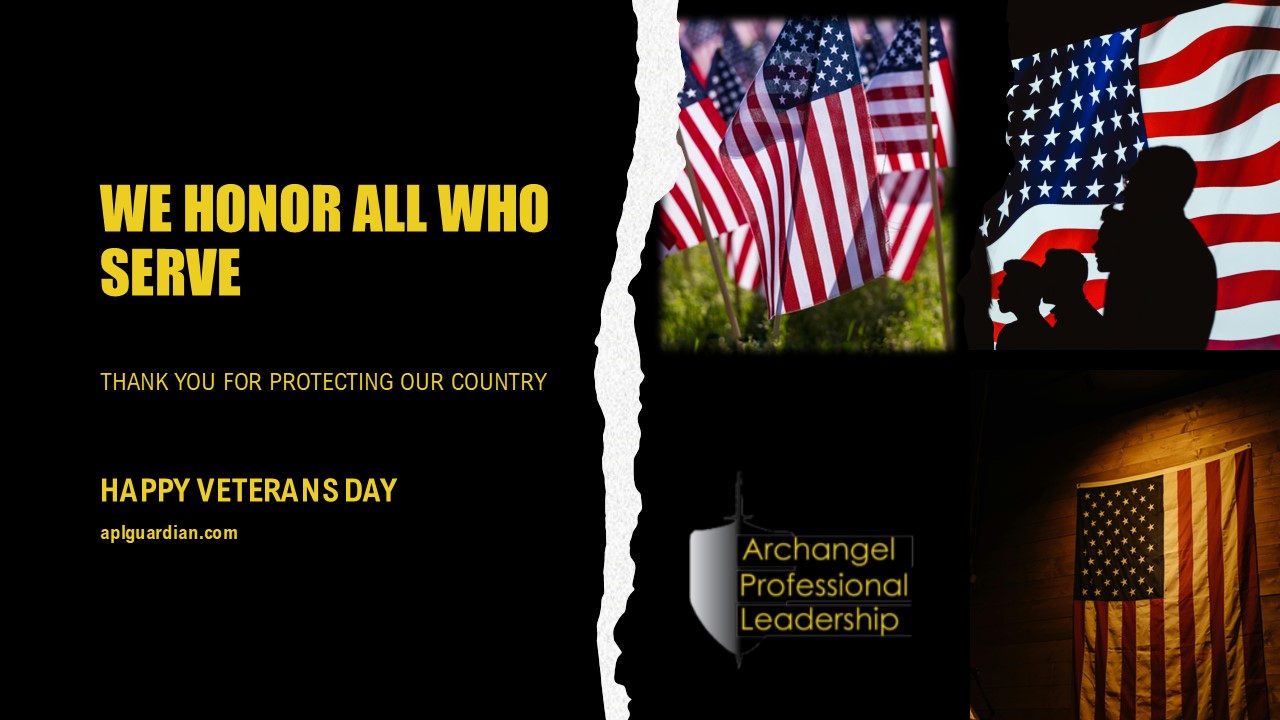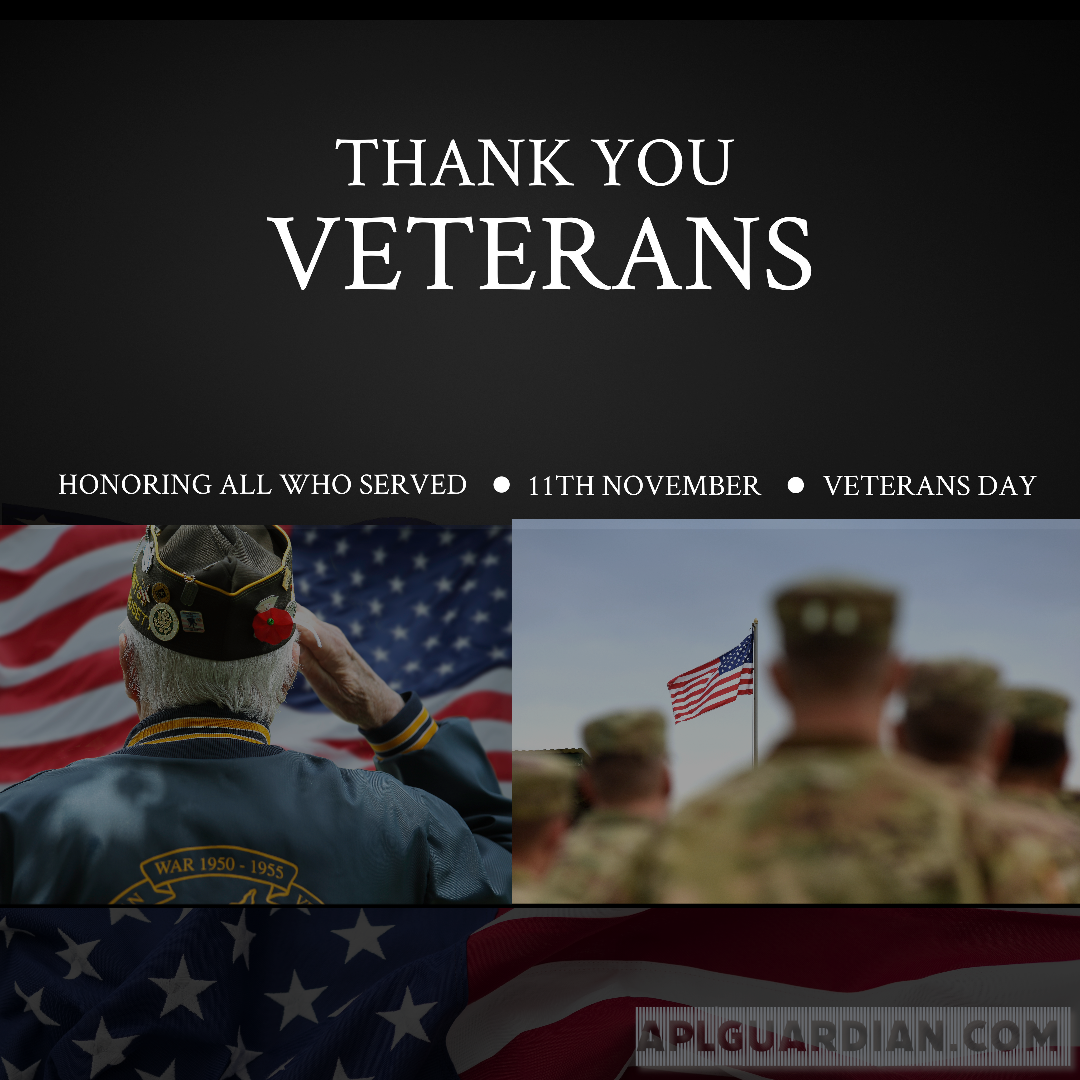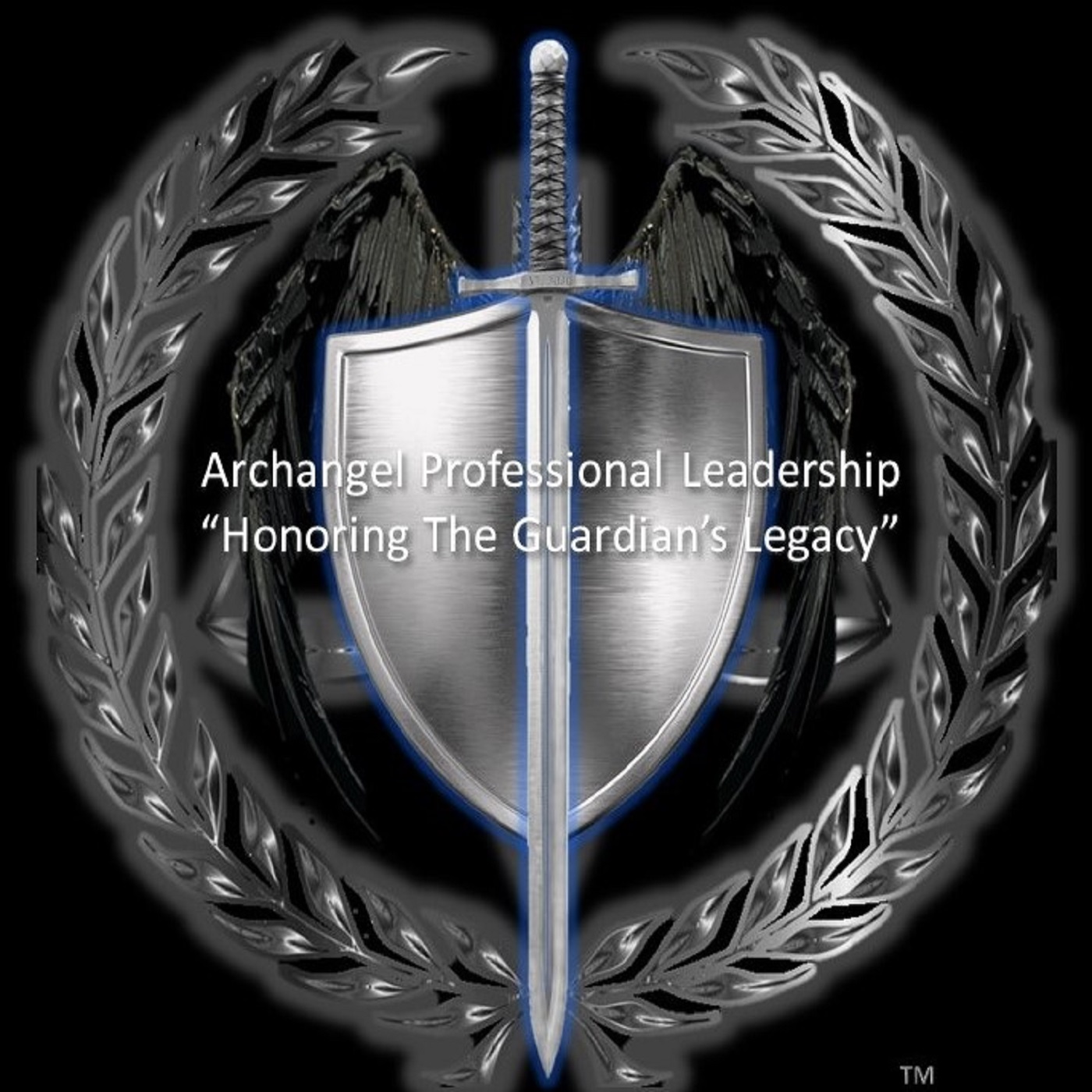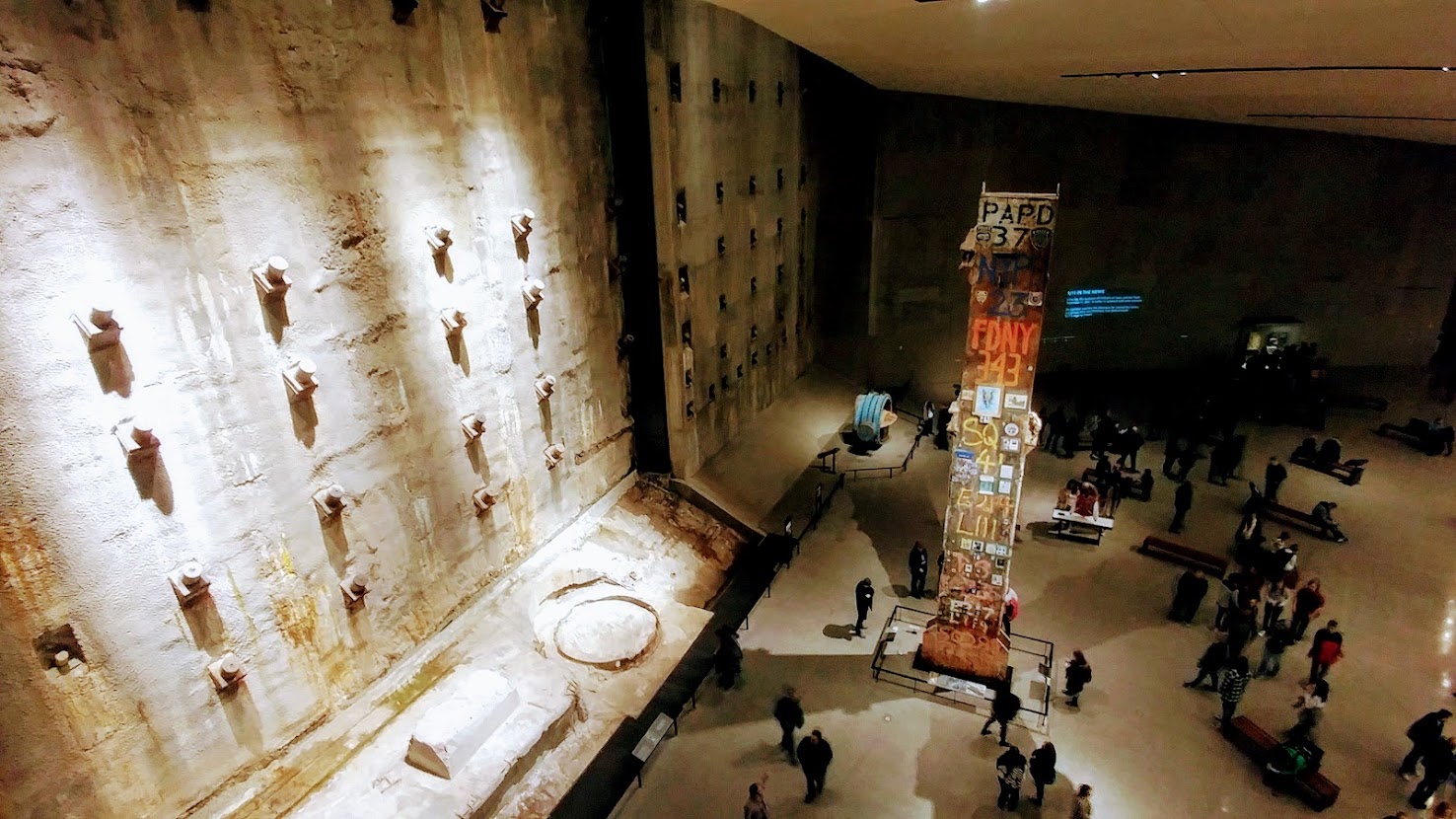Over the years, I’ve written several articles about first responder wellness. Consequently, I feel honored to participate in the Texas Law Enforcement Peer Support program as a peer. A recent conversation with a seasoned officer inspired me to reflect deeply and share my thoughts on paper.
Growing up near downtown San Antonio, in what people often labeled a “rough neighborhood,” I simply called it home. Later in life, I realized my childhood exposed me to experiences that may have desensitized me to things others might find shocking or traumatizing. Guardians often said, “Rub some dirt in it!,” “Shake it off!,” and “Suck it up!,” so violence wasn’t uncommon. Differences among kids often led to after-school fistfights. Corporal punishment in Catholic school also left a lasting impression on me, though I recognize not everyone has had the same experiences.
During a recent conversation with a police lieutenant from a large agency, I learned about his twenty-year military career followed by his transition into law enforcement. Specifically, he recounted his first encounter with a dead body during his initial week of field training, which marked a significant turning point in his life. The gruesome murder scene left him physically and emotionally uncomfortable. Despite wanting to be a police officer, the academy did not address this experience. Consequently, he felt isolated as his colleagues continued their work without acknowledging the dead body. Over the years, he spoke less to his wife about the disturbing incidents he witnessed.
This conversation made me reflect on my own first murder scene as a rookie officer. After completing my field training, I got called to the side of train tracks, where a Union Pacific Railroad Police investigator discovered the body of a 19-year-old Air Force Airman, strangled by her boyfriend. The image, the smell, and the feeling of the moment remain vivid in my memory.
As I stood by her bruised and decomposing body, I felt responsible and took a moment to pray. When the media arrived, I noticed officers joking and discussing lunch plans while we carried her body. This juxtaposition of emotions made me question my ability to do the job, yet I remained determined to continue in this profession.
As my career progressed, I witnessed countless traumatic scenes. Additionally, I became increasingly aware of the emotional toll on my life as well as my fellow officers. Becoming a family assistance officer after my partner’s passing made me realize the cumulative impact of emotional and mental trauma on our “blue family.” Addressing secondary trauma was often stigmatized across generations of police officers. Therefore, it became essential to incorporate wellness practices into our recruit onboarding and field training programs.
One of my most significant career investments was focusing on training and becoming a police instructor. Subsequently, I later served as an academy commander and chief. Years ago, as a Field Training Officer and family assistance officer, I ensured that exposure to death and the employee assistance program were integral parts of our training program. I took rookie officers to the Medical Examiner’s Office to witness autopsies and discuss professional crime scene etiquette. I emphasized the importance of recognizing and processing emotions healthily. Police work is not for everyone. It requires individuals who can manage their emotions without becoming overwhelmed.
This career inevitably adds emotional and physical mileage to our lives. Therefore, we need proactive maintenance through peer support, trauma-informed care, and healthy conversations. Exposure to humanity’s worst can evoke real human emotions such as disappointment, anger, and fear. Suppressing these emotions can lead to unhealthy self-medication, compounded emotional outbursts, and strained relationships, putting our relationships and career at risk.
Thus, we must take advantage of every penny put into our benefits packages at work by using all the services provided by our employers, such as clinicians, mental health professional services, and medical benefits. We get some of the most expensive career benefits for a reason. It’s essential to add as much maintenance to your life as possible to address the added mileage from the nature of the work.
I encourage everyone to talk to their work partners about trauma, seek peer support, and promote a culture of maintenance to ensure the well-being of those we rely on. Watching each other’s back includes conducting after-action reviews following traumatic scenes. Whether through prayer, therapy dogs, chaplain visits, intense workouts, or visits to doctors and counselors, we must find healthy outlets for processing natural emotions. Additionally, it is crucial to understand that trauma is different for everyone. We need to be patient with those experiencing it. The trauma that any officer or anyone has gone through is their trauma. The trauma they experienced may not be something traumatic to you.
If you or anyone you know needs help, call COPLINE at 1-800-267-5463. Download the Texas Law Enforcement Peer Network app today and keep it on your mobile device. If you don’t need it today, you can save it for later. To my brothers and sisters in blue, I wish you the best in maintaining your health and wellness. I respect and honor your dedication to this profession.
God bless you all, stay safe.

